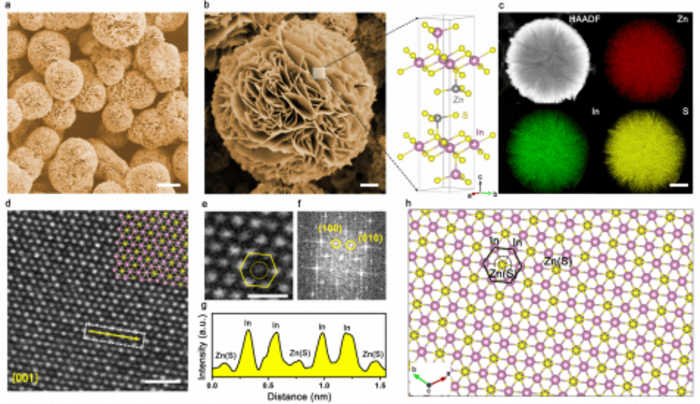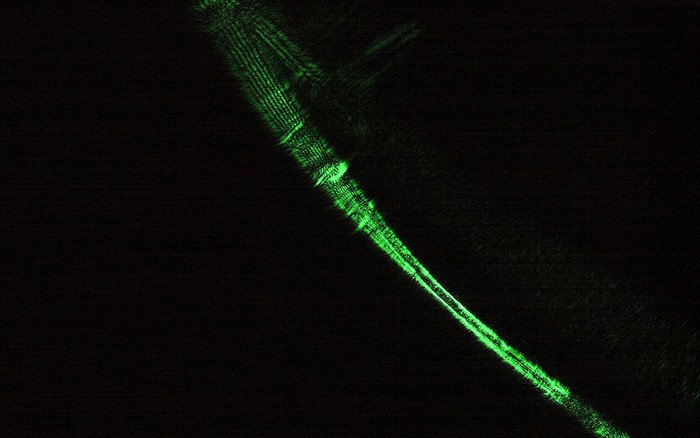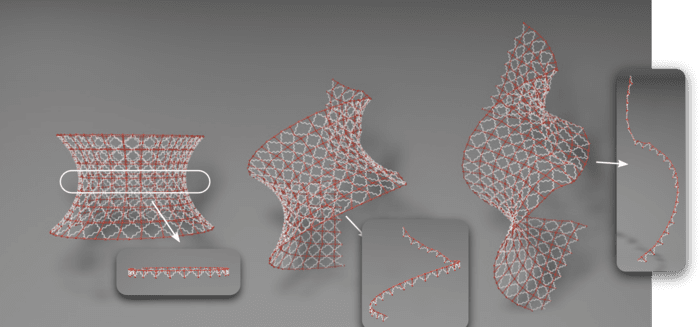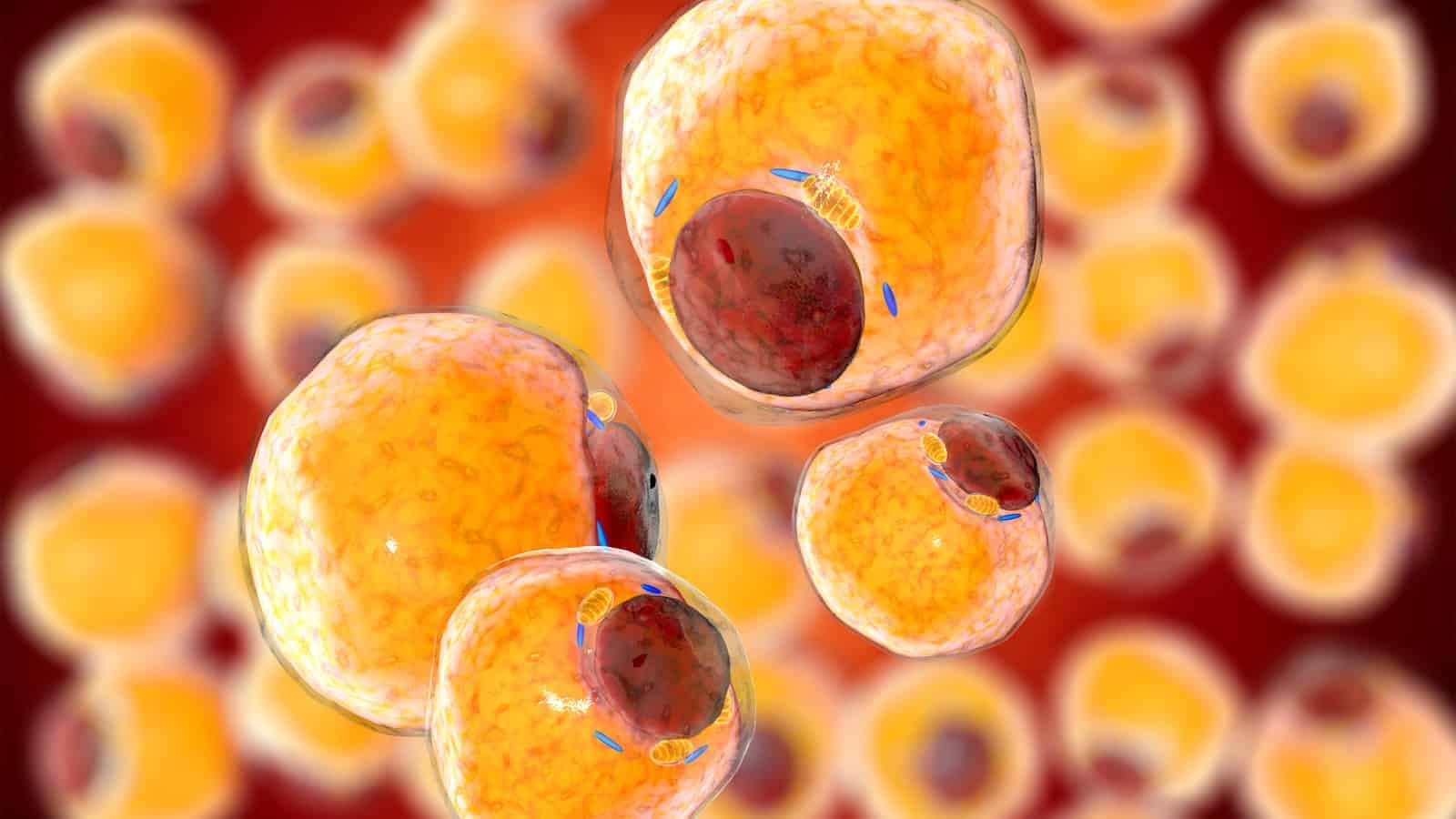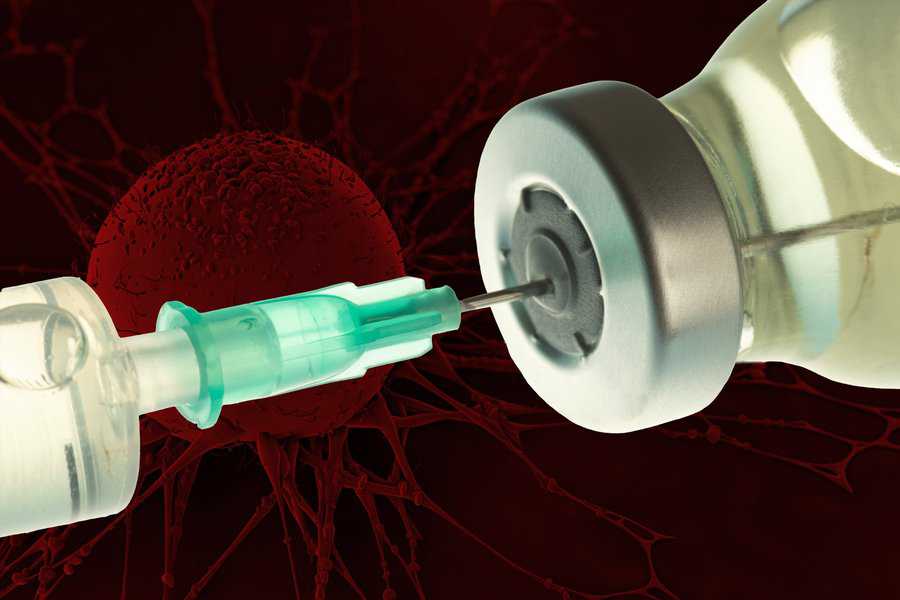Scientists have long suggested that getting enough sleep at night is vital to staying healthy. Few studies, however, highlight the necessity of sufficient sleep during the first months of life. New research from investigators at Brigham and Women’s Hospital, Massachusetts General Hospital and collaborators suggests that newborns who sleep longer and wake up less throughout the […]
Read More

